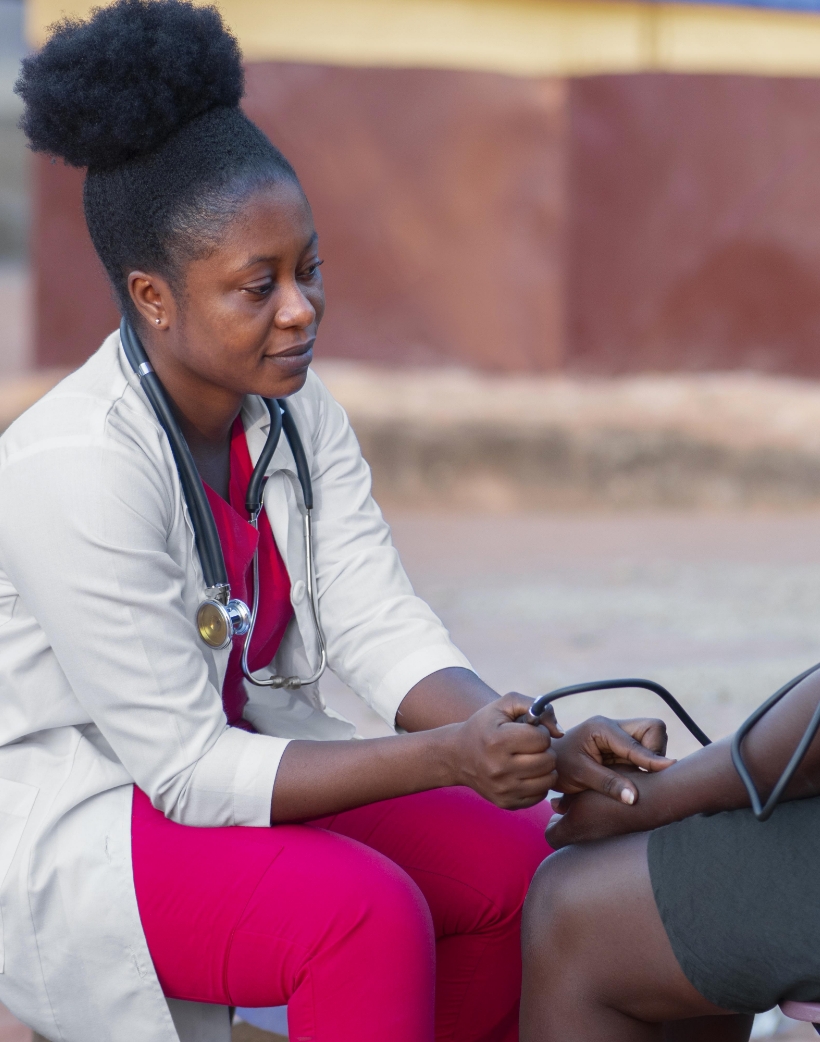Strategy and scope
Global Health EDCTP3 focuses on the major infectious disease threats facing sub-Saharan Africa, including HIV, TB, malaria, neglected infectious diseases, emerging and re-emerging infectious diseases and antimicrobial resistance.
The Global Health EDCTP3 programme focuses on all stages of clinical evaluation to deliver new solutions for reducing the burden of infectious diseases in sub-Saharan Africa and will strengthen research capacities to prepare and respond to re-emerging infectious diseases in this region and across the world.

Global Health EDCTP3’s scope and strategy is presented in its Strategic Research and Innovation Agenda (SRIA). The SRIA has been developed in collaboration with the participating states (African States, EU Member States and associated countries), research communities, universities and global health institutes, product development partnerships, the World Health Organization (WHO), and EDCTP constituencies.
The Global Health EDCTP3 SRIA can be found here.
The total budget of GH EDCTP3 will be of up to €1.6 billion. The EU’s financial contribution to the GH EDCTP3 Joint Undertaking will be €800 million. The EDCTP Association will contribute at least €400 million, and another €400 million is expected from other contributing partners, such as philanthropic organisations and industry.
The GH EDCTP3 JU invests in global health through funding collaborative research and innovation projects tackling infectious diseases and supporting activities for research capacity building in Africa through:
- Funding for clinical research activities and clinical trials, as well as other epidemiological or observational studies, including the integration of associated social science research in these studies. Funding will also cover additional research studies embedded within a trial as well as integrated support for capacity development of researchers, institutions, and sites in sub-Saharan Africa, community engagement, and networking activities.
- Funding to strengthen clinical research capacities in sub-Saharan Africa; promote networking and collaboration both between and among European and African researchers and; improve technical infrastructure and knowledge for health research in sub-Saharan Africa.
Further information on the funding opportunities can be found under the relevant annual Work Programmes.